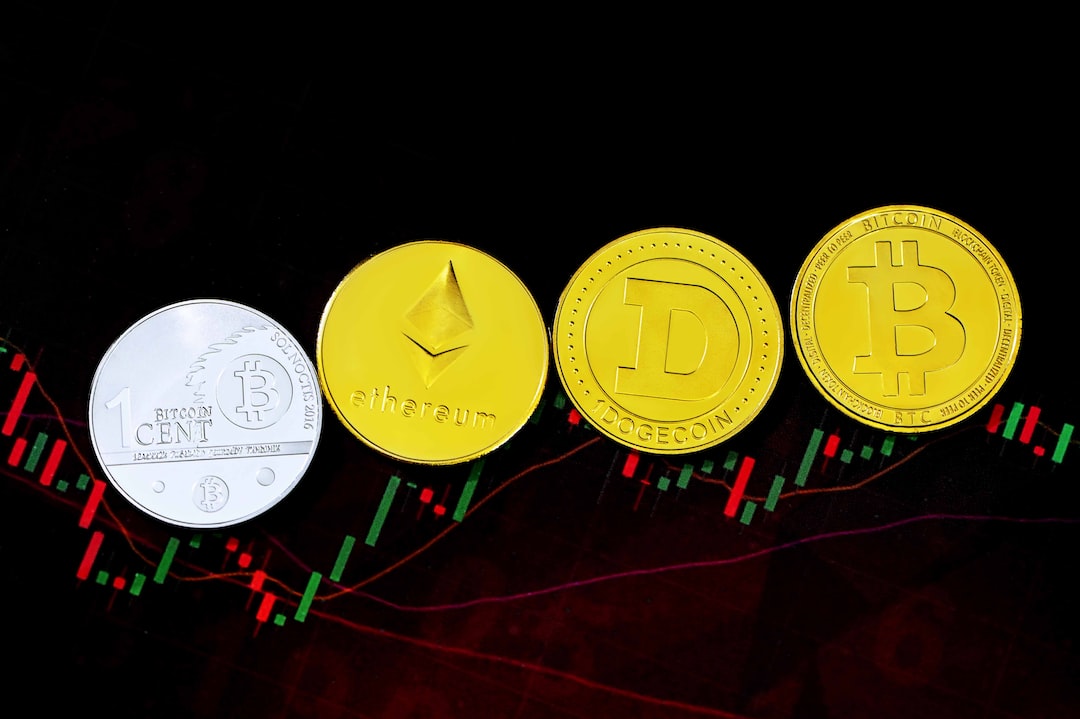The Changing Landscape of Bitcoin Wallets in the U.S.
The recent announcement by Wallet of Satoshi (WoS) to withdraw its app from the U.S. Apple and Google app stores and cease serving U.S. customers reflects the challenging regulatory environment in the United States. This decision is not unique, as GameStop also terminated its crypto wallet service due to regulatory uncertainties.
Uncertain Regulatory Climate
GameStop’s crypto wallet service, integrated with Ethereum’s layer-2 scaling protocol, allowed users to hold, trade crypto, and access decentralized apps. However, unspecified regulatory uncertainties led to its discontinuation.
Regulatory Pressures on Crypto
The U.S. federal government has proposed enforcing know-your-customer (KYC) rules on unhosted or self-hosted crypto wallets. This controversial proposal by FinCEN requires detailed personal information collection for transactions involving private wallets. The crypto industry has expressed concerns over the feasibility and burden of these rules.
Binance, the world’s largest cryptocurrency exchange, has also faced regulatory hurdles. The SEC sued Binance and its U.S. operator for various allegations, leading to restrictions on access to customer assets for Binance.US employees only.
Hot Take: The Impact of Regulatory Environment on Crypto Services
The increasingly challenging regulatory environment in the United States is forcing crypto service providers to make difficult decisions. With the withdrawal of Wallet of Satoshi’s app and the termination of GameStop’s crypto wallet service, it is clear that regulatory uncertainties are impacting the Bitcoin wallet landscape. The proposed KYC rules and lawsuits against Binance highlight the growing scrutiny and crackdown efforts by U.S. authorities on the crypto industry. As regulations continue to evolve, it remains to be seen how other service providers will navigate these challenges and adapt to the changing regulatory climate.





 By
By

 By
By

 By
By
 By
By